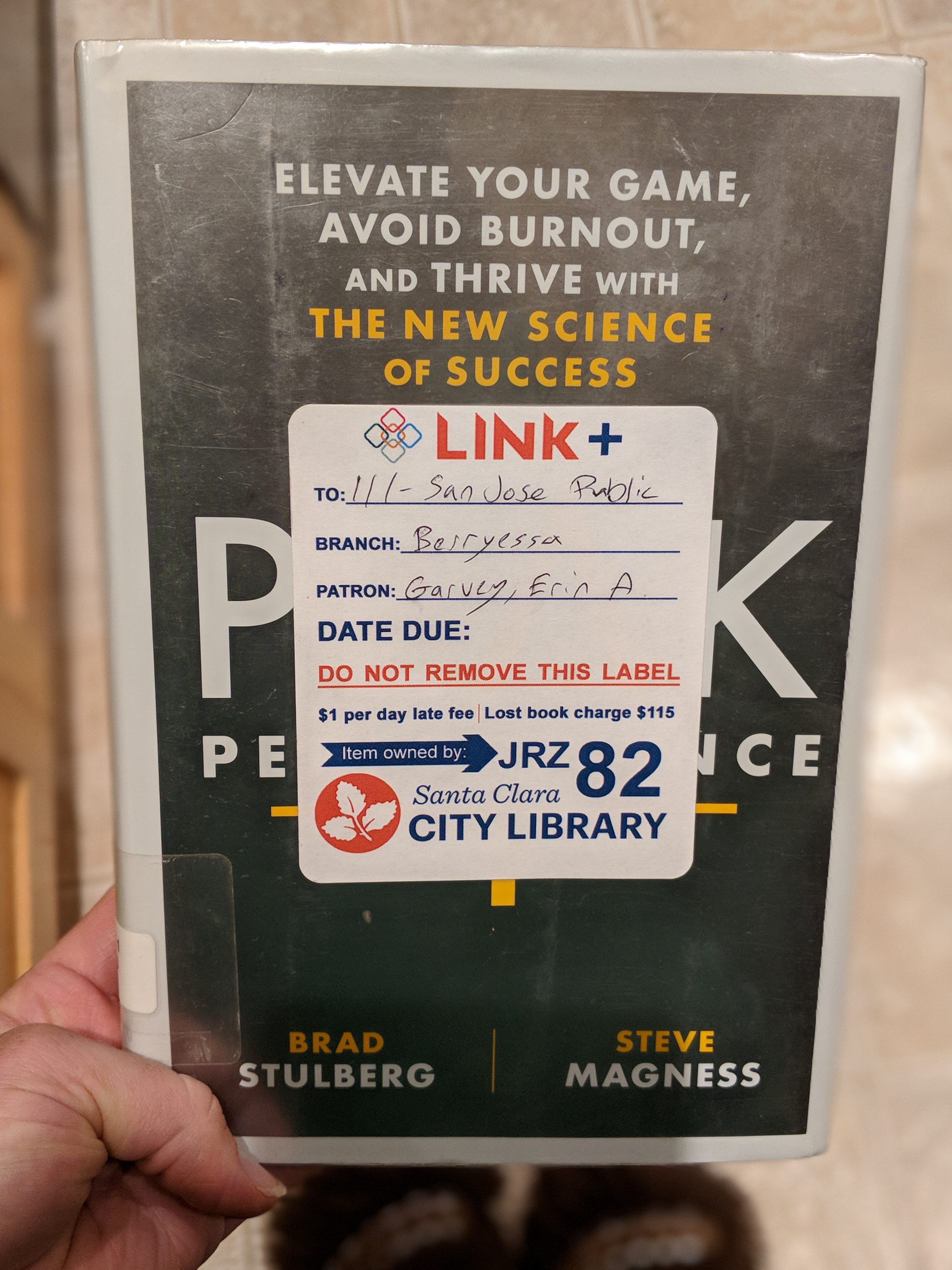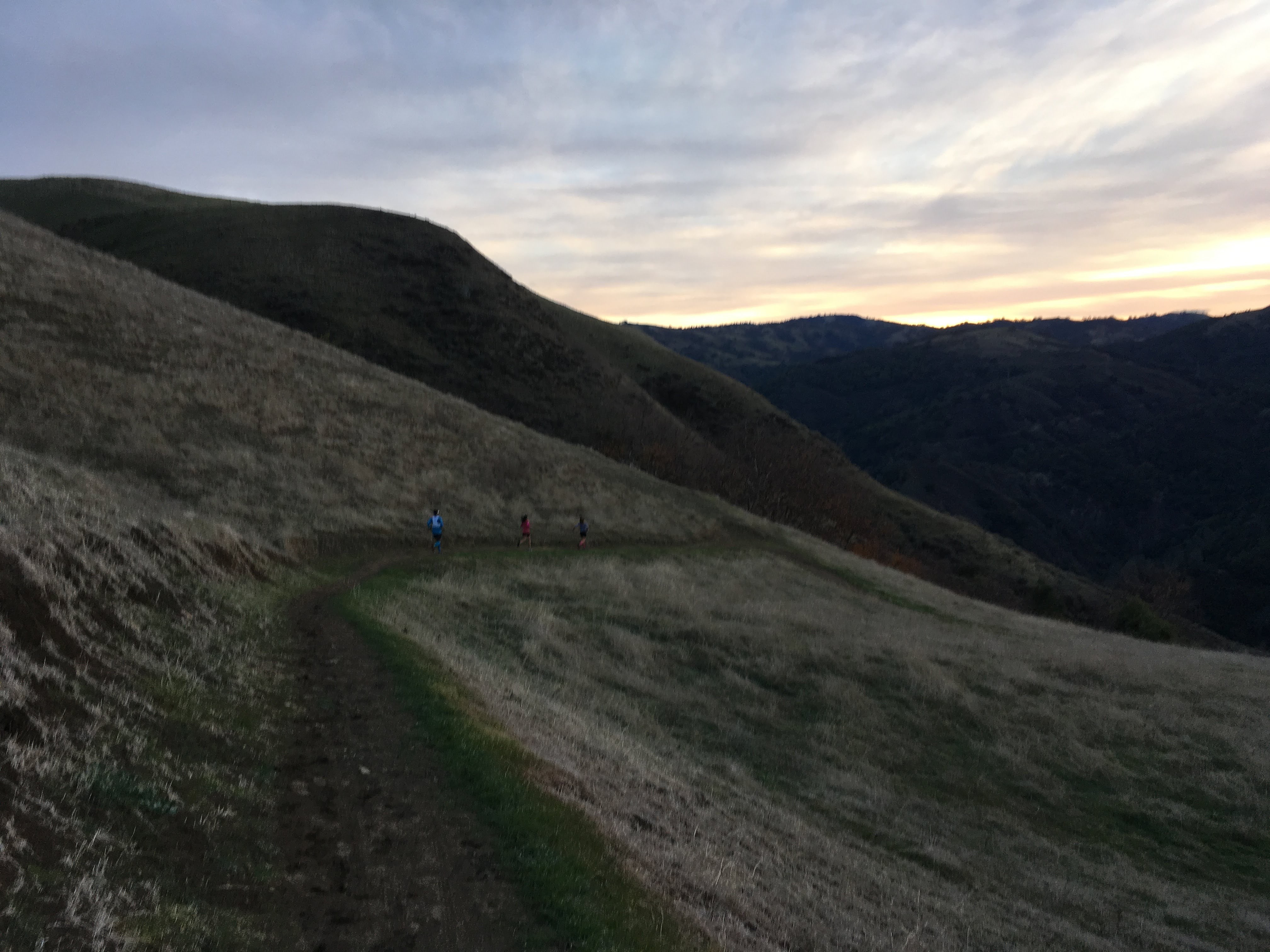January 2018 training recap
Hot damn. January, you were fast.
Admittedly, I’m one of those people who actually likes the whole “new year, new you” vibe that comes with the territory of a new year, but I don’t particularly buy much into it. I’m of the mindset that if you want to make some sort of lasting change in your life, do it whenever you want; it doesn’t have to be a certain month of the year, time of the year, day of the week, or whatever. I mean, honestly, if you decide that you want to start running, there’s no reason why you can’t take that first step on a random Tuesday afternoon in April, ya know? That said, I do appreciate January because for a lot of people, it’s that kick in the pants, that “fresh start,” that they want/need to start chasing down big goals. It’s inspiring to watch and be a part of.
And yet … I didn’t really begin this year or this month with any audacious goals to speak of. After a very light month of running following CIM in early December, I knew January was going to be a return to business as usual: lots of commute miles with my kids, regular workouts, routine long runs, the SOP. Add to the running stuff a very busy month with my eldest’s school, planning a big event for Girl Scouts, and lots of activity with her GS troop — it’s cookie season (yay!), but dear lord, it’s a labor of love — along with the usual life stuff, including potty training (which has gone really well, thankfully), and here we are, one month down and 212 healthy miles later.

Everyone’s busy, I get it, but when you’re a SAHM, it can be really easy to silo yourself away from reality and stay within the four walls of your home day in and day out. It has been really gratifying to feel like I am contributing in a very direct way to my community, to her school, and to the lives of many families right now, as cheesy or ridiculous as that may sound. Sometimes I wonder if I am shortchanging myself — personally and/or professionally — by staying home to raise my kids, but I think right now I’m at a bit of a sweet spot or at least approaching it. If December was mostly about resting and recovering post-CIM and post-holidays, January was all business, all the time, and an ongoing exercise in re-routinizing priorities again, both running-related and otherwise. It was a good month overall.

A funny thing about the commute mileage with my kids: I put a challenge out there to A that if she rode her bike to/from school for 15 days in January, I’d take her to a salon and get her nails done. She was totally on board from the get-go and actually, pretty enthusiastic about it. We had been talking about goal-setting a lot recently (see above note related to selling GS cookies), and I know she loves to ride her bike, especially after school, but sometimes — like with any of us — the motivation can be lacking. I am not that parent who is adamant about my child being in particular sports or activities, “following in my footsteps,” or even sharing in my passions, but it’s really important to me to instill in my children what a healthy lifestyle entails: in this case, playing outside more often than not. When we’re run/ride commuting to school, we’re not going particularly fast or particularly far, but I think it has become an important and meaningful (and enjoyable) part of her day, and like a lot of us can relate to, she often says how good/strong she feels when she’s done. That’s money, man. The new added challenge has been to practice addition and subtraction on the fly, which is actually harder than I would have anticipated. (PS She hit her 15 day goal!)
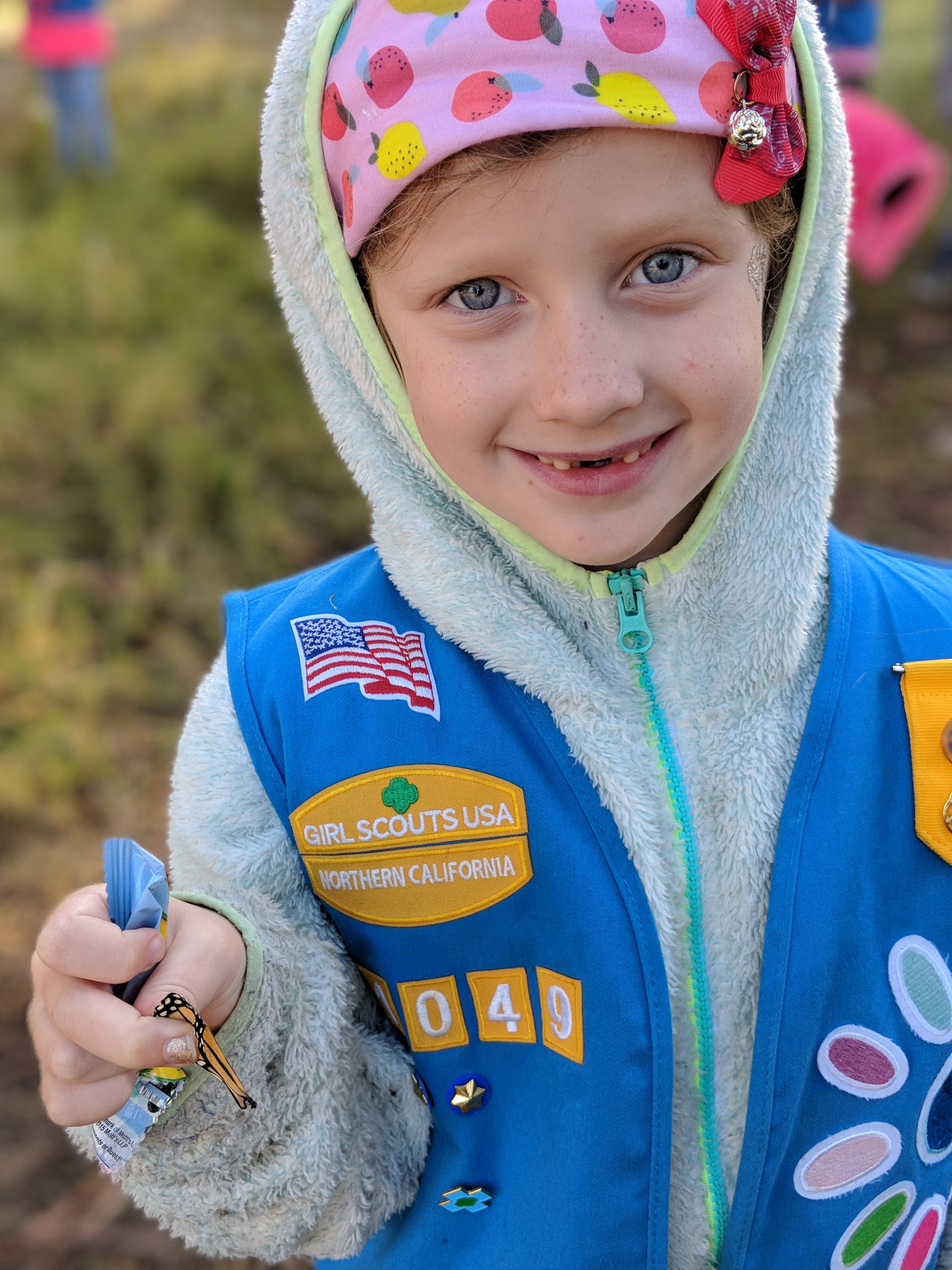
Sunday is the my first race of the year and the first PA race on the calendar, a 10k in Sacramento, and I’m looking forward to it. I’m not really certain where my fitness is, but I’m willing to figure it out. The PA races are generally a good time, so I’m looking forward to seeing what my team and I can do. It should be fun in a red-lining, uncomfortable way.
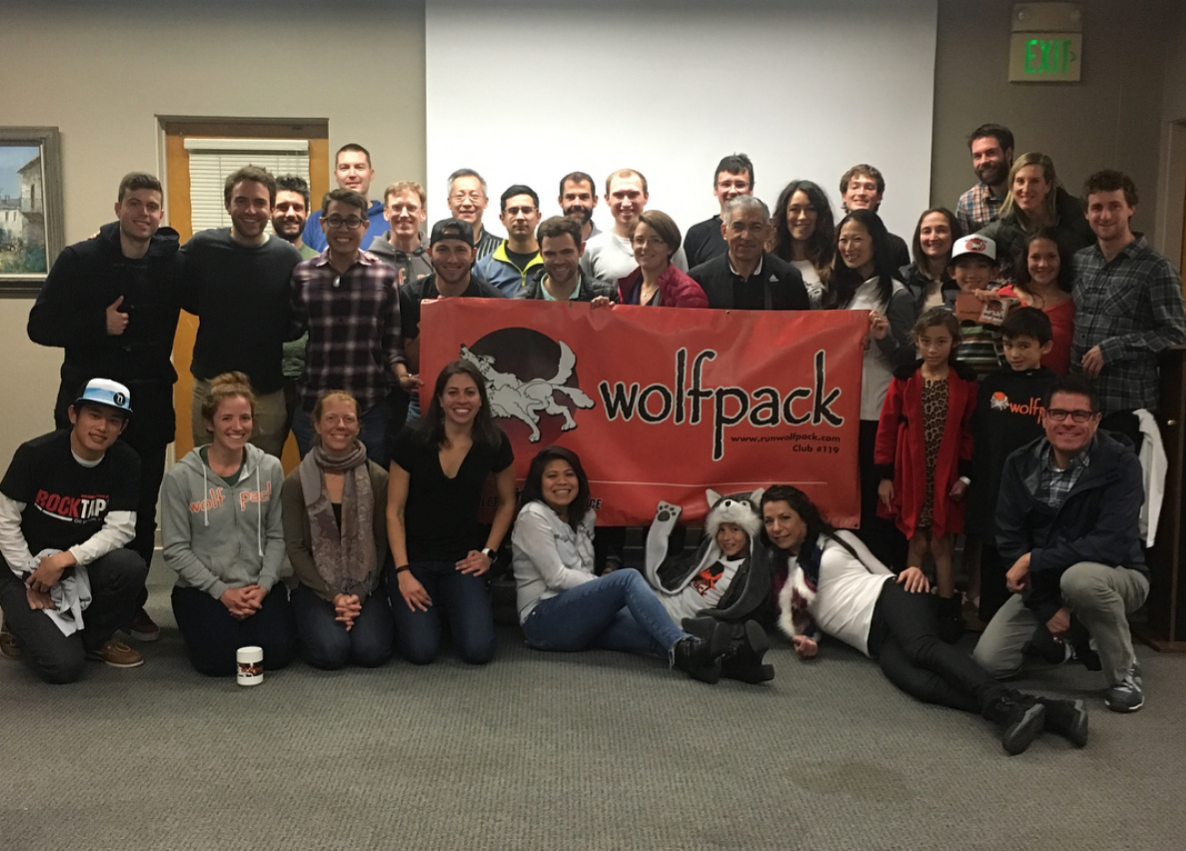
Aside from the commute mileage with the kids, most weekends in January I posted my long runs on trails, and I think that has helped my mental and physical fitness along. Trails make me care less about my pace and more about time on my feet, and I think — regardless of technicality — they can play a huge role in preparing your body to be able to withstand the rigors and intensity of training, for marathons or otherwise. Plus, it’s so pretty.
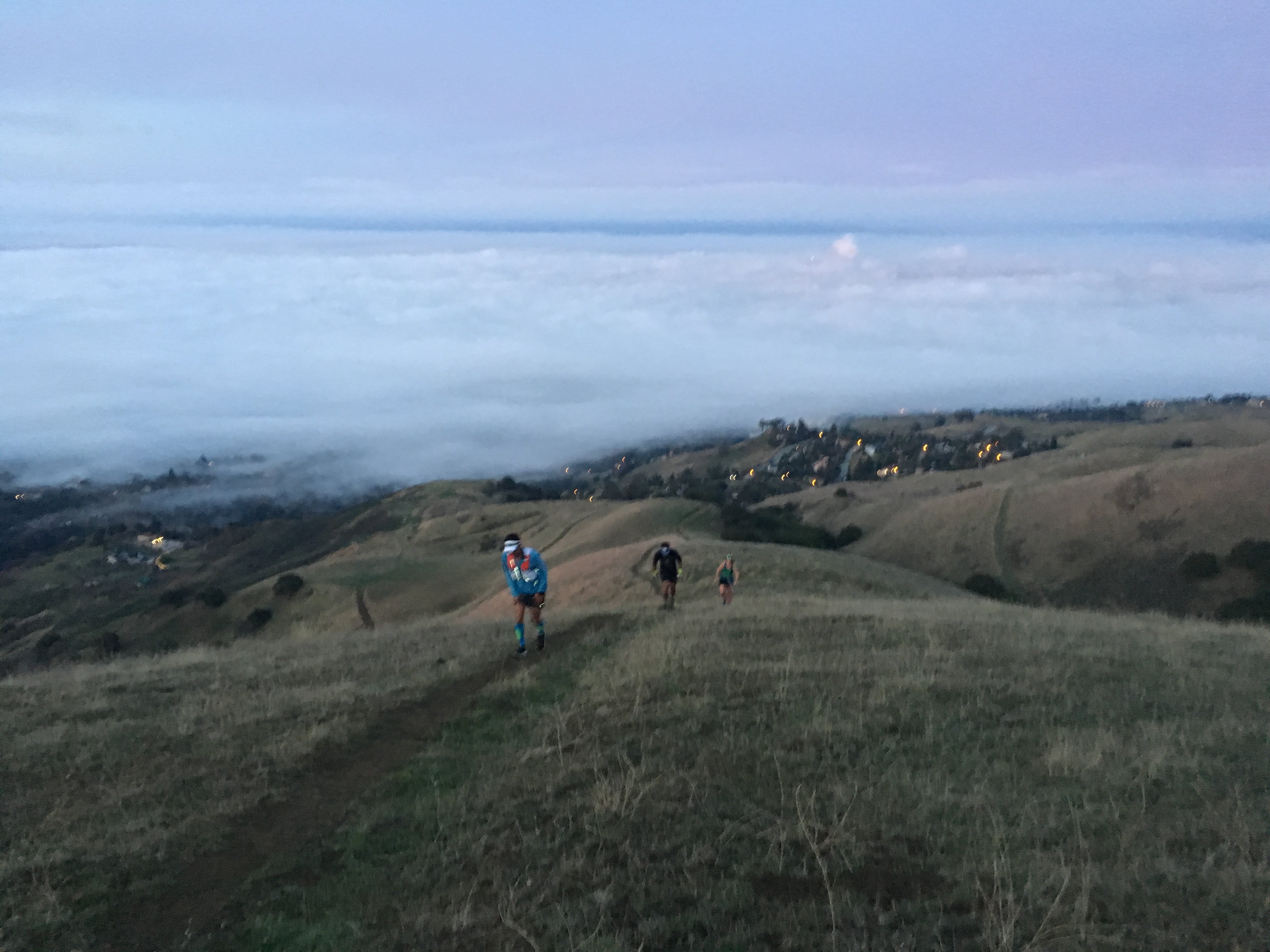
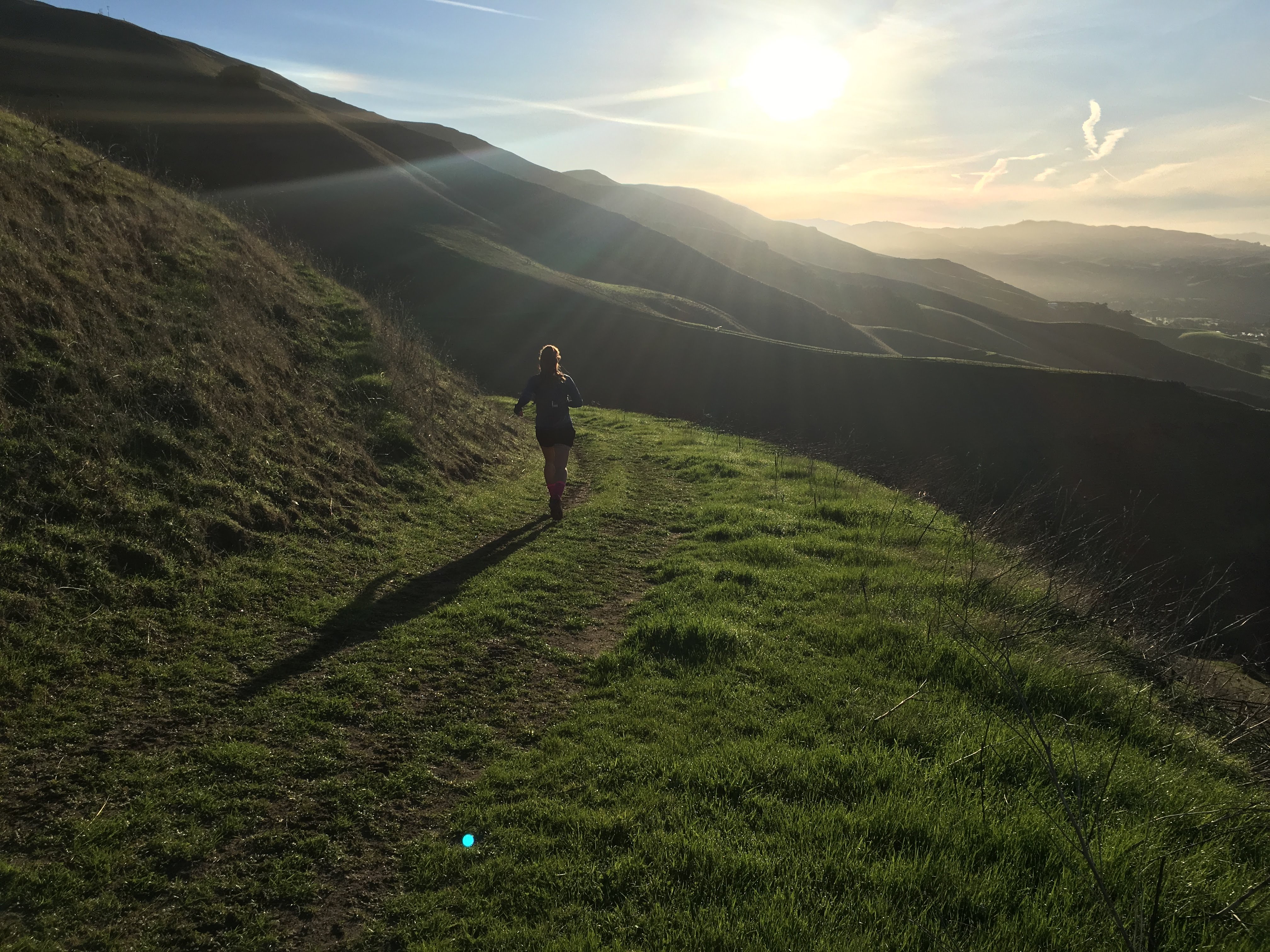
The yin to the LR on trails’ yang has been running in ovals during swim practices each week, and that, too, seems to be working advantageously for me. It’ll usually shake out to one night being easy ovals and the other being a workout, and selfishly, it works fantastically for me because it means I don’t have to endure a 3:xx a.m. wake-up during the week. I can usually run my workout (with no/an abbreviated CD, depending on the mileage I ran during the daytime) and still manage to catch the end of swim practice.
If variety is the spice of life, I feel like my January’s running is like a veritable spice cabinet… or something. Tenuous metaphor. It’s past my bedtime.

Bring on February!
———–
Reading: So many good books right now, some of which I’ve already reviewed here. If Our Bodies Could Talk was an enjoyable non-running-related read that I found completely endearing and entertaining; Steve Magness and Brad Stulberg’s Peak Performance was informative; and Joe Biden’s Promise Me, Dad left me bawling in almost every chapter. I’ve started another running-related book that I am honestly so excited to recap if for no other reason than I want more people to know about it and read it for themselves.
Writing: More, hopefully; that’s the goal, anyway. When I taught first-quarter, first-year college students writing, rhetoric, and discourse, I told them that writing is a skill that people tend to improve with practice. It’s highly unlikely that you’ll become the next pivotal American author, but you’ll probably find that writing frequently lends itself to lots of ideas and fodder for future writings. You write to … beget more writing, ultimately, even if you think your original stuff is trash. (It’s ok; we all think that). So often I say that I want to write more in this space, but I ultimately don’t. This year, my soft goal is to write something here once a week. I think I can do it and still be able to thoughtfully contribute to whatever the discussion is at the time (or not… I mean, who knows). I have tons of ideas; it’s just a matter of routinizing my writing as I have other areas of my life.
Anticipating: The first PA race on Sunday and both my parents and my in-laws coming to visit in February. It’s going to be an excellent month.
Listening to: Nothing much, TBH; I kinda feel like I’m on a podcast hiatus and instead am just reveling in any silence that I can get.
Watching: Honestly, not much, again. Whenever I’ve had downtime this month, I’ve been more inclined to put away my phone and pick up one of the books that I’m reading. However, C showed me this awesome video from Burger King explaining net neutrality to people (weird, right?). If you haven’t watched it yet, go nuts.
